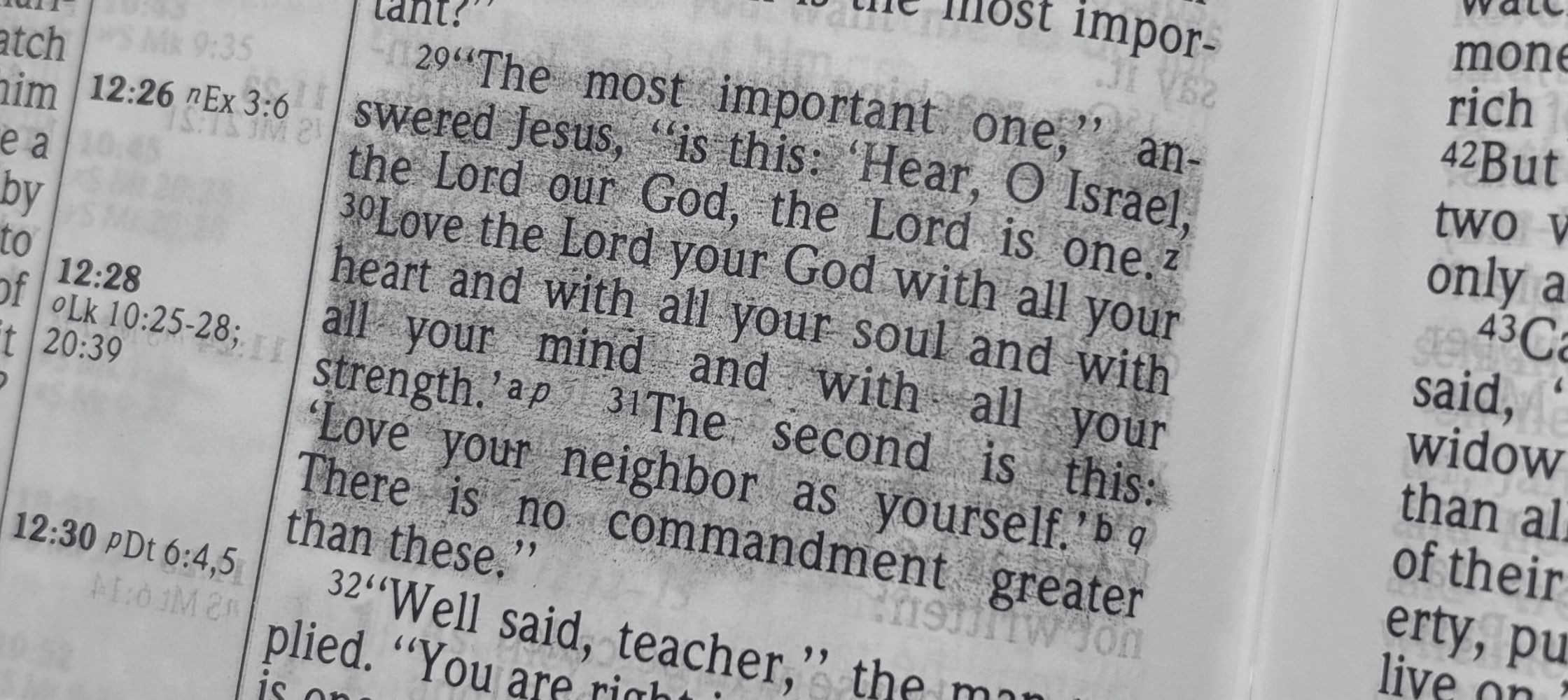Thank you! Your submission has been received!
Oops! Something went wrong while submitting the form.

By: Dave Deets
December 12, 2023
Recently, I was eating dinner with some friends when their youngest daughter, who is six years old, asked me if I liked pickles. I told her that yes, I do like pickles, but not all types of pickles. This led me to think about something I rarely think about, and that is pickles. Maybe you are in the same boat and rarely consider the pickle. Maybe you rarely consider where they came from or how they are made. However, for all of our contemplation about pickles, we all must agree that no one ever planted a pickle seed! Isn't that an odd thought? Pickles are entirely dependent on other vegetables, namely cucumbers, to be planted and picked and then pickled.
I am convinced that one of the greatest accomplishments in American missiology is evangelism. Over the hundreds of years we have been sending missionaries to go around the corner or around the world, evangelism has been the main emphasis. I think all of us would applaud that feat! Praise God for the myriad of men and women, boys and girls, who have trusted Christ as their Savior as a result of the work of American missionaries! However, before we bask in the roaring applause for the work of evangelism that has been done, I would like us to consider one thing: Evangelism is not the end; rather, it is a means to the end.
In his book entitled We Evangelicals and Our Mission, David Hesselgrave stated this, “The fundamental problem in evangelical churches and missions is a weakening of the faith—objective faith, revealed faith, the historic Christian faith, the faith of the church fathers.” (111) One of the issues that must be confronted in the conversation of the future of missions is the issue of leadership development. Put another way, how will we effectively disciple leaders?
In 2 Timothy 2:2, Paul placed this issue front and center for Timothy. It wasn't that Timothy shouldn't evangelize, but Timothy needed to go a step further and actually disciple leaders. The failure in many countries, including the United States, is not a failure to evangelize; instead, it is a failure to develop and disciple leaders. So, how do we effectively do that? The simple answer is this: intentionality! Leaders who honor God don’t just come out of nowhere. So, men and women, prospective leaders, need someone who can come alongside them and help them to become the leaders God intended them to be.
At IBL, we have developed a model based on 2 Timothy 2:2, where we come alongside national leaders and train them in groups of 35 in three categories of Theology, Pastoral Skills, and Biblical Leadership. Beyond that, however, we take it one step further; we take five or six of these men who are seasoned pastors, and we train them on how to be disciplers. The goal is that they would then become trainers and disciplers along with us. This means that they would begin to invest in their own group of 30-35 men and women who are in ministry, and the process would repeat itself. We know we aren't the only group doing this, but we do believe that we are doing what God desires in making disciples who make disciples.
So, let's return to the title: planting cucumbers and harvesting pickles. When we realize that we cannot have pickles unless we first have cucumbers, we will seek to plant cucumbers, but we won't stop with the cucumbers, we will continue to take those cucumbers and turn them into pickles. The same must be said of us as believers. Disciples come from those who have been evangelized and trusted Christ as Savior. But we do not end the process with evangelism; we continue with the discipleship process so that others can be trained and discipled as well. So, in your produce cart of ministry, do you have cucumbers or pickles?
